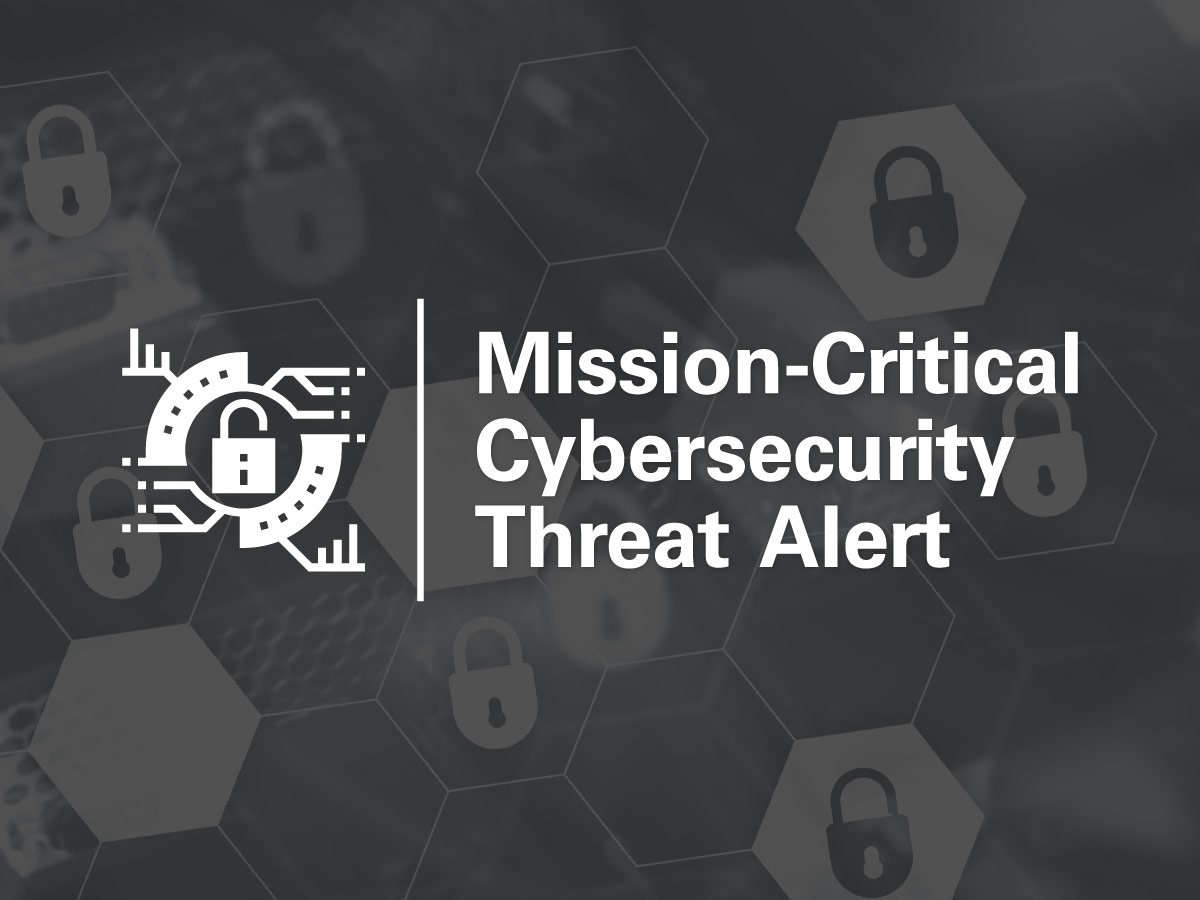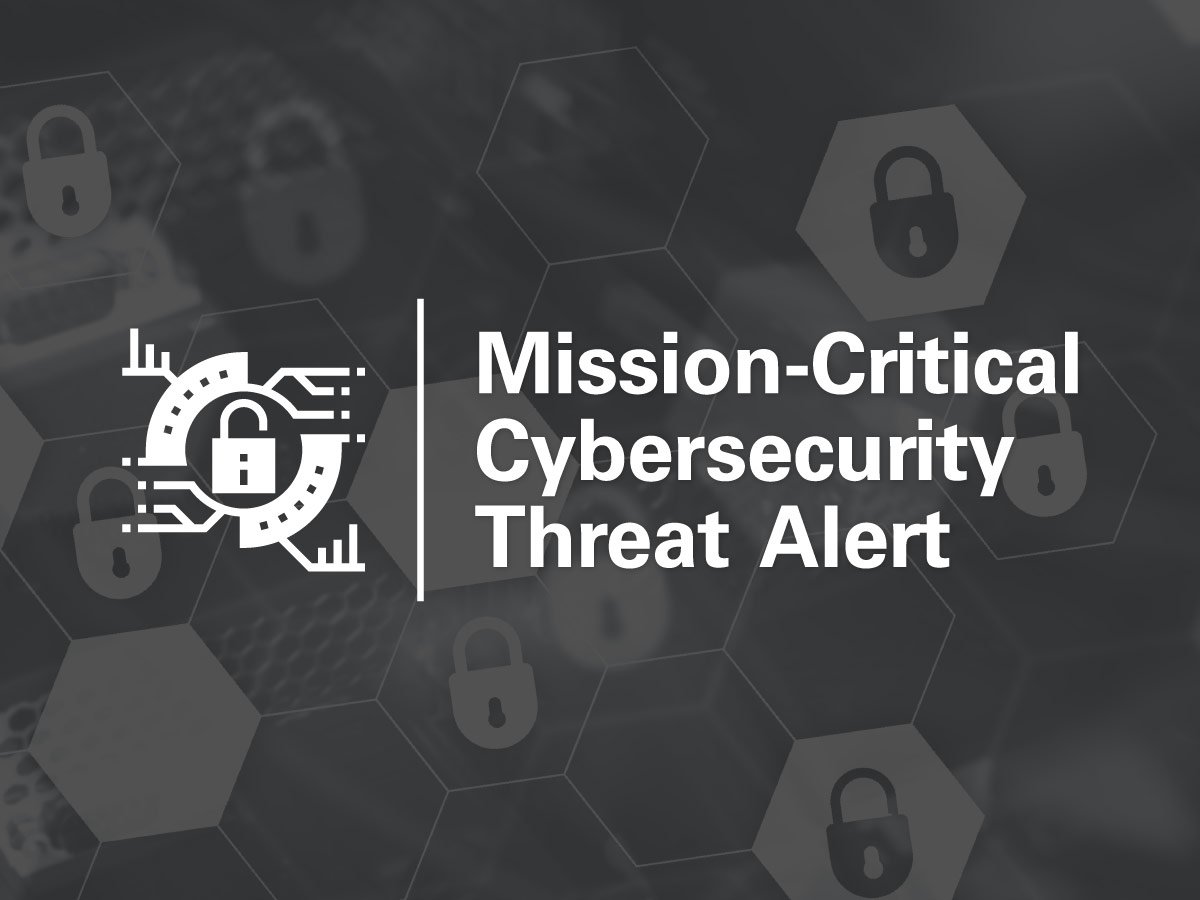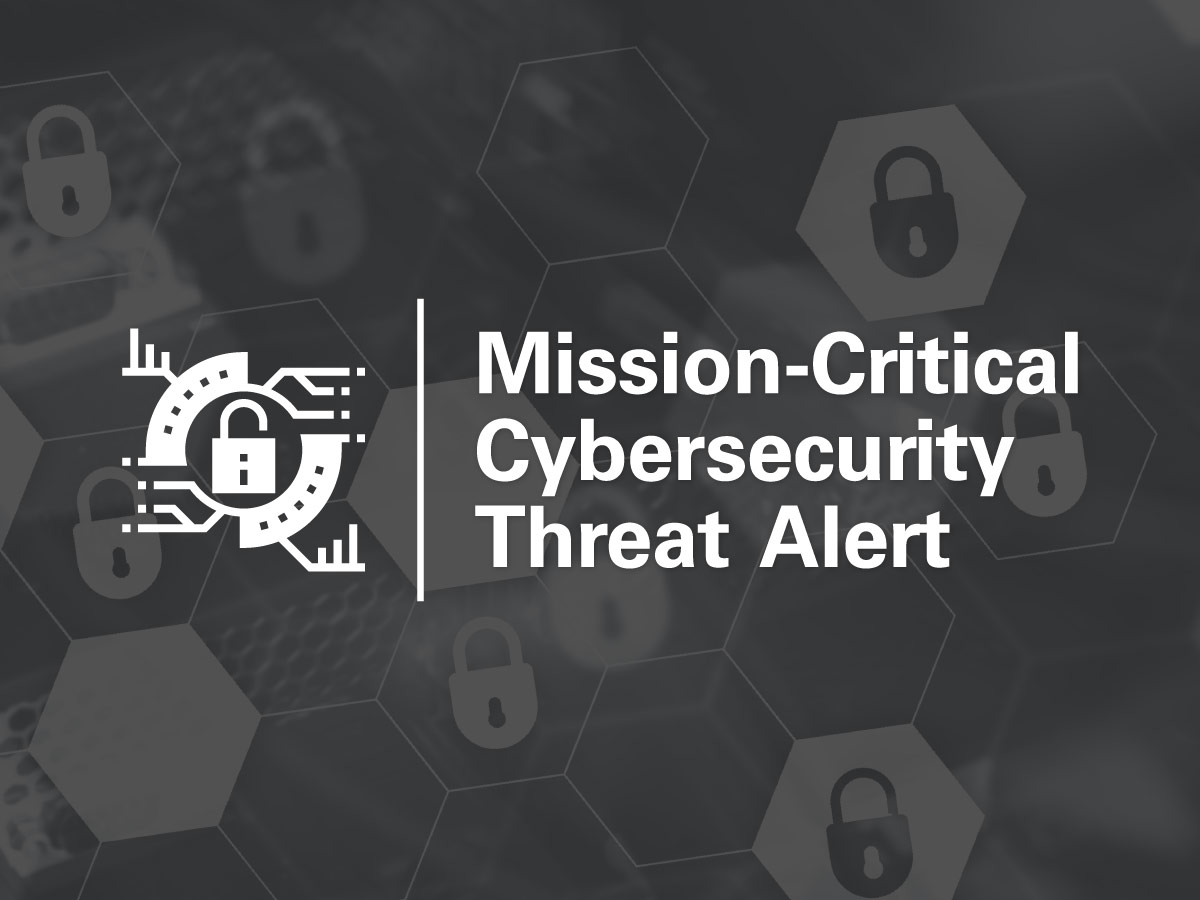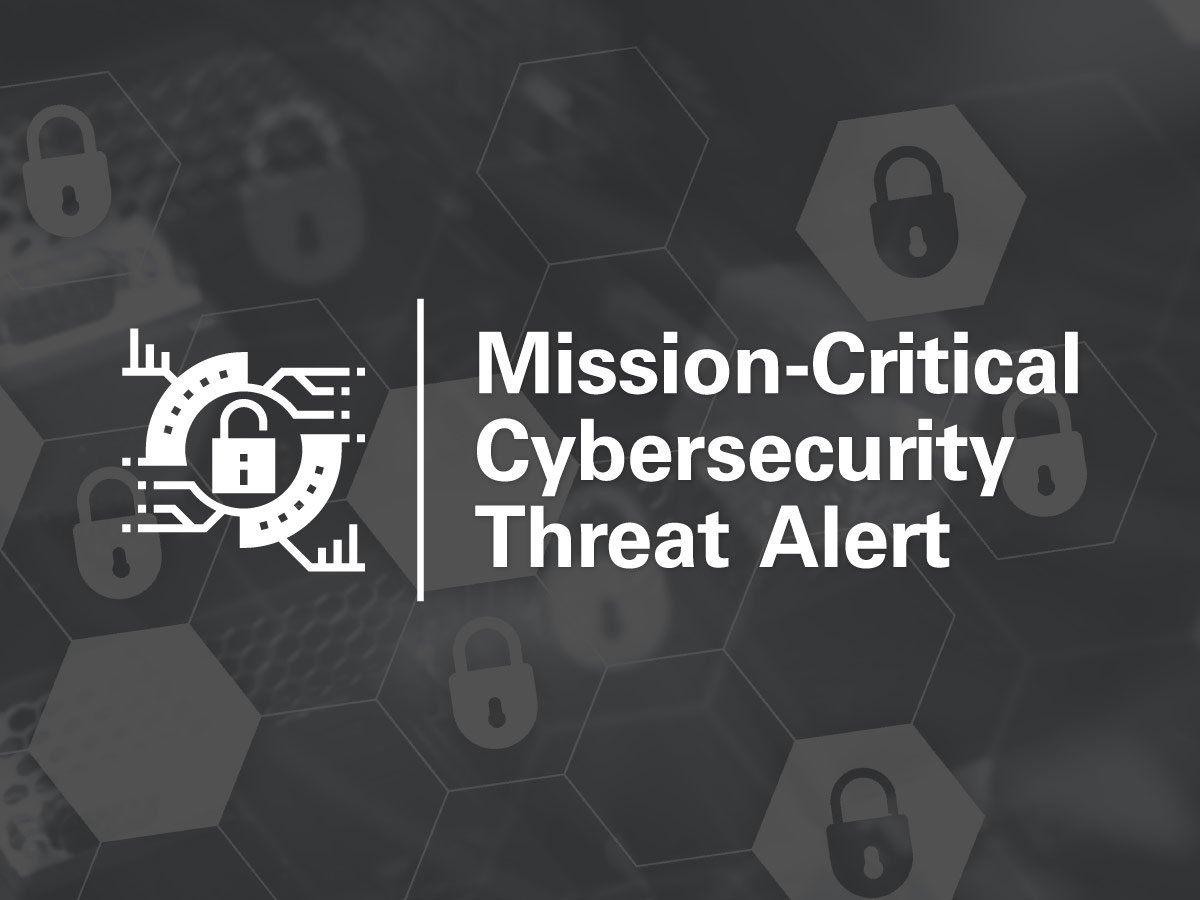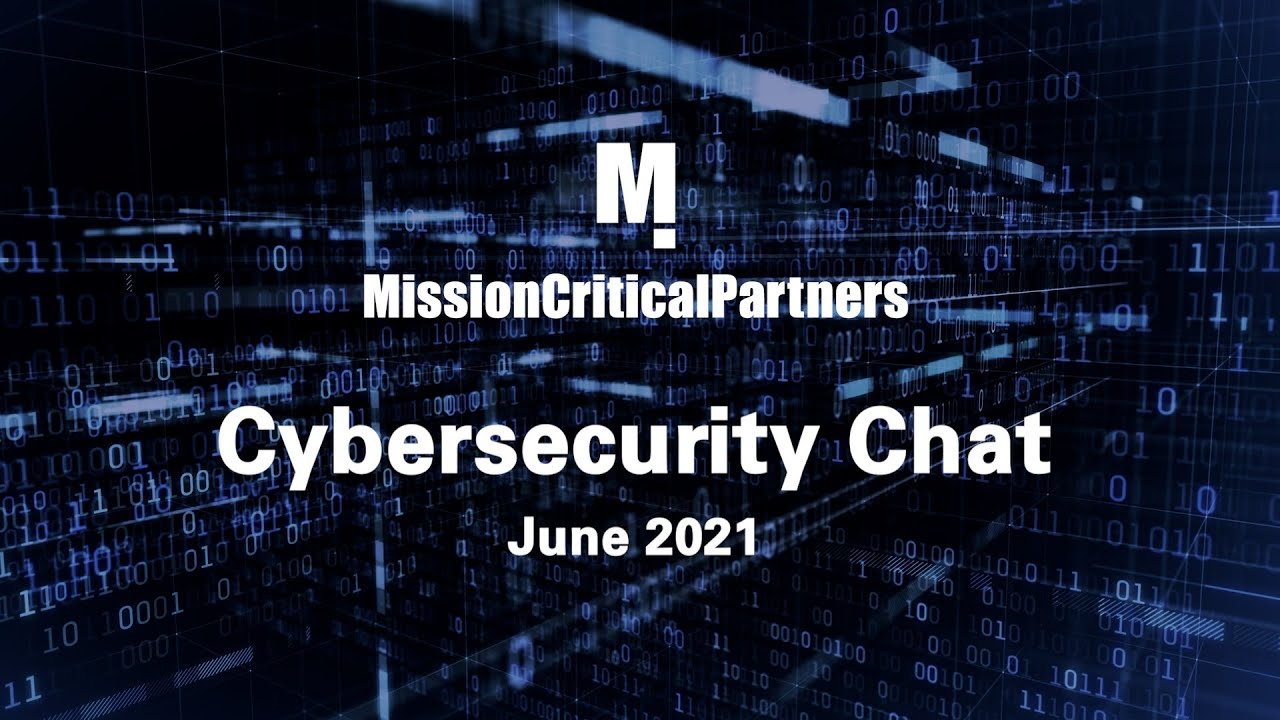Cybersecurity Threat Advisory: Critical Java Zero-Day Vulnerability
As part of our effort to inform our clients about potential and serious cybersecurity issues, MCP provides advisories about vulnerabilities and exploits that could threaten the operations of their critical communications networks. Sign up to receive these advisories in your inbox as soon as they are released.
This week there is a new critical alert that requires the mission-critical community’s immediate attention.
Advisory Overview
A critical remote code vulnerability has emerged in Log4j, a Java logging package that is used in numerous software products and platforms from organizations like Apache, Apple, Twitter, Tesla, and Steam. This vulnerability impacts almost every Java application that writes logs using this library. Apache has released a patch for this vulnerability, which is being tracked as CVE-2021-44228. MCP recommends applying this patch immediately to protect your organization.

